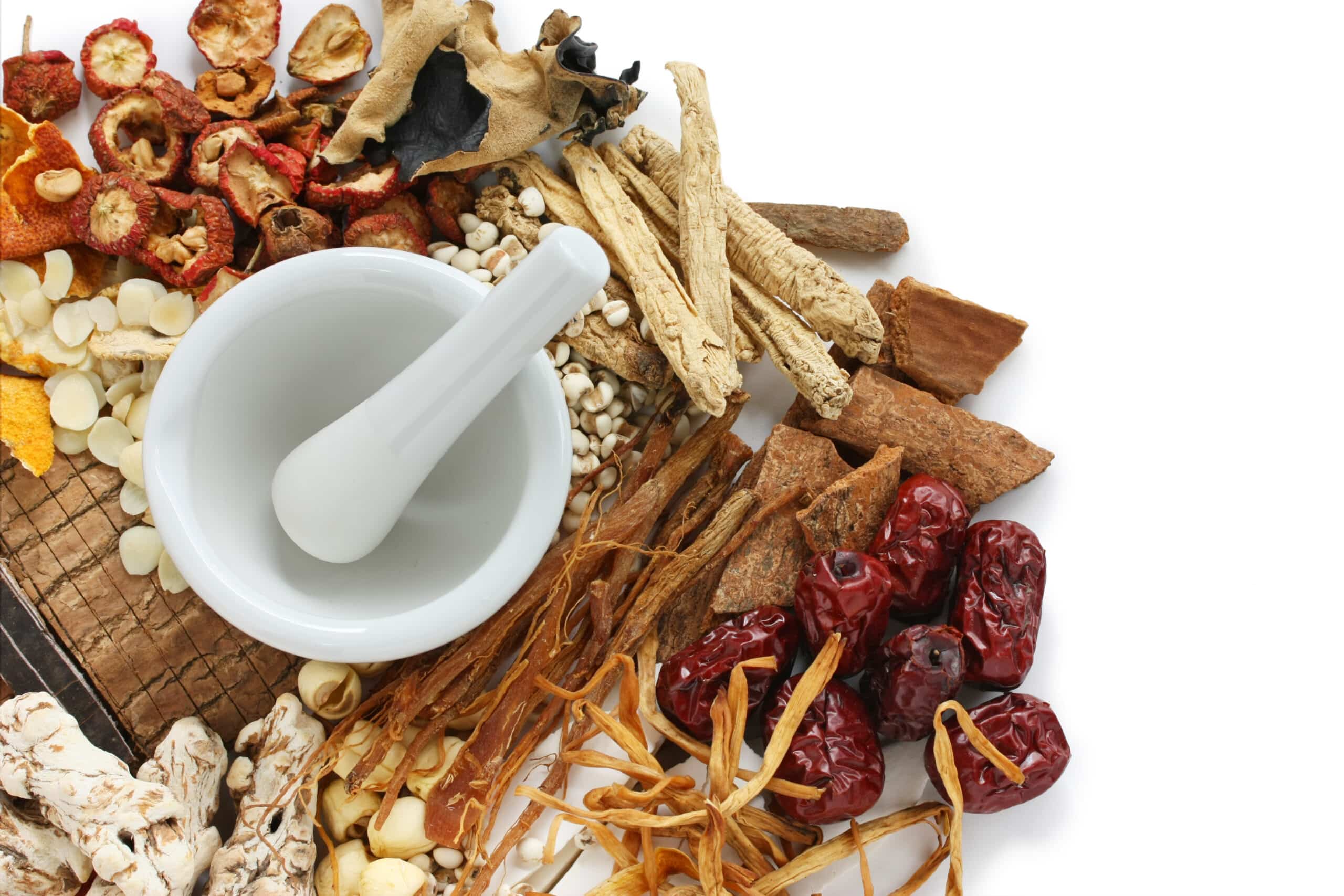The study showed that when given to older patients for over a year after experiencing a heart attack it specifically helped to increase lymphocytes, improving the immunity of the patients. Additionally, the treated patients experienced far fewer complications or issues such as chest or joint pains after experiencing their heart attacks.
Ioakim Spyridopoulos, a Professor of Cardiology and Cardiovascular Gerontology at Newcastle University, has led the study, working with the heart team at The James Cook University Hospital in Middlesbrough, said:
“It has become widely recognised that inflammation plays a key role in the formation, progression, and rupture of a coronary plaque, which induces heart attack, but, importantly, it is also a major risk factor for further complications.
“Reducing inflammation is, therefore, considered a key treatment target following a heart attack for patients and our study showed that TA-65® reduced inflammation by up to 62%.
“While some potent anti-inflammatory drugs have been shown to improve outcomes after heart attacks, they result in suppression of the immune system and increase the risk of severe infections.
“In our study, the widely available drug TA-65® was shown to reduce inflammation but also appears to improve immunity by increasing a patient’s immune cells.”
For this randomized, controlled pilot study 90 patients over the age of 65 were given either a placebo or TA-65®. The patients had blood measurements taken at baseline, again at 6 months, and at one year in order to assess study outcomes. The patients were also examined regularly in the clinic to monitor for any changes or side effects. Those who received the drug experienced few adverse effects such as a fever or new medical issues following their heart attack, showing 30% less adverse effects than those in the placebo group.
According to the researchers, TA-65® is a patented plant-based compound that was designed to help maintain and/or rebuild telomeres. The compound was isolated from the herb Astragalus, which is an herb that has been used in traditional Chinese medicine (TCM) for thousands of years in herbal remedies to help boost the immune system, support cardiovascular health, and promote overall well-being. The team hopes to further examine the results in a larger trial and investigate whether the compound reduces adverse cardiac events such as more heart attacks or death.
Professor Spyridopoulos, who also works at Newcastle upon Tyne Hospitals NHS Foundation Trust, said: “If we can show that TA-65® improves the clinical outcomes of patients who have suffered a heart attack, on top of modern treatment options, it will become an important addition to patients’ medical care.”
Dr. David Austin, Consultant Cardiologist at The James Cook University Hospital, who was an author on the research paper, said: “The James Cook University Hospital’s heart unit serves more than 1.5 million people and has an excellent reputation.” Adding that “Our partnership with Newcastle University in this research study is part of our drive to continually improve treatment options for patients.”
The independent study was funded by TA Science, a company that makes the TA-65® drug, and was an investigator-initiated trial, meaning the company had no say in how the study was conducted or analyzed.




